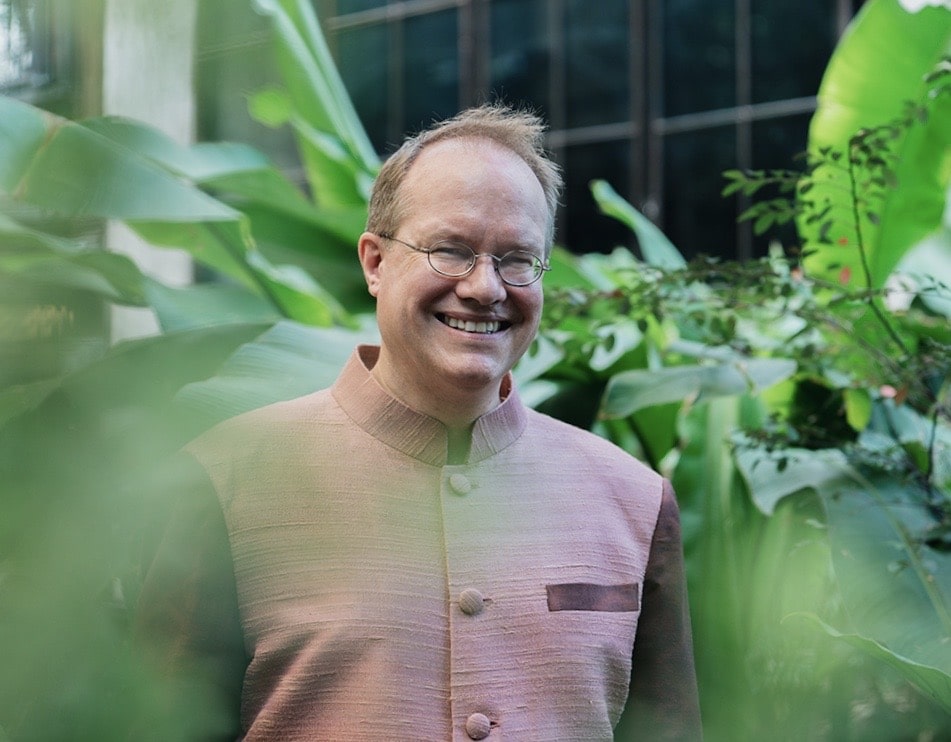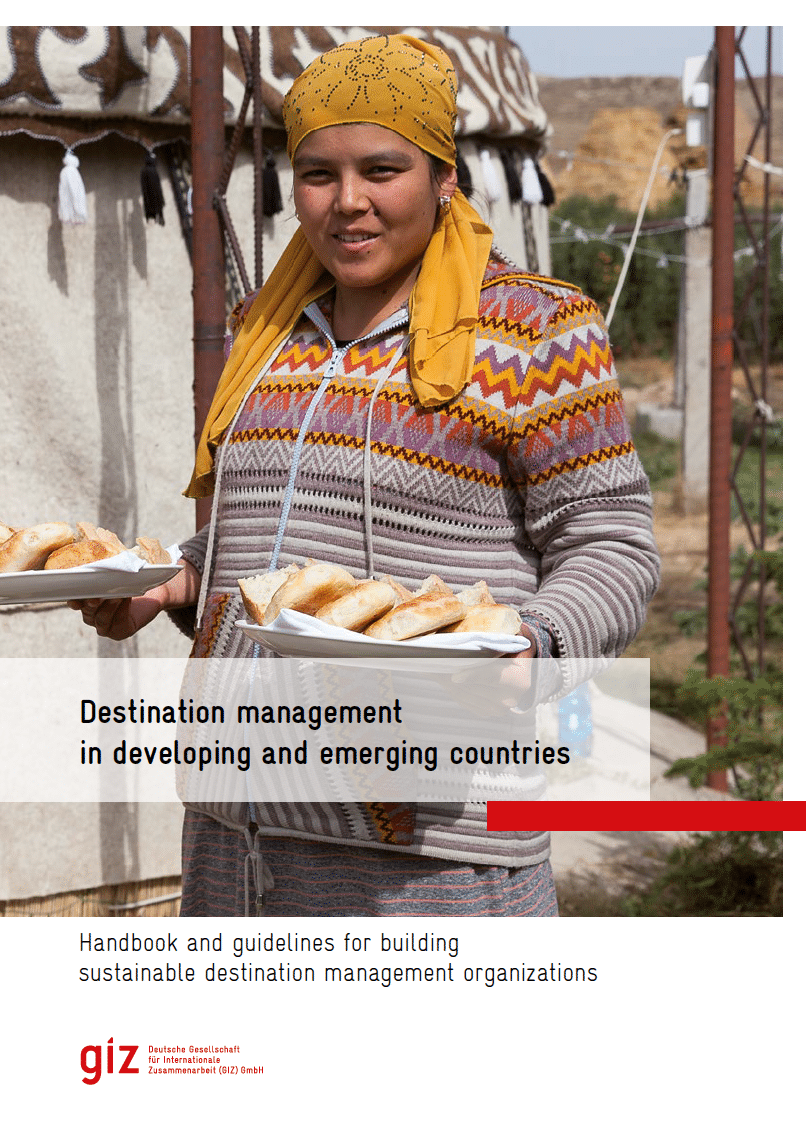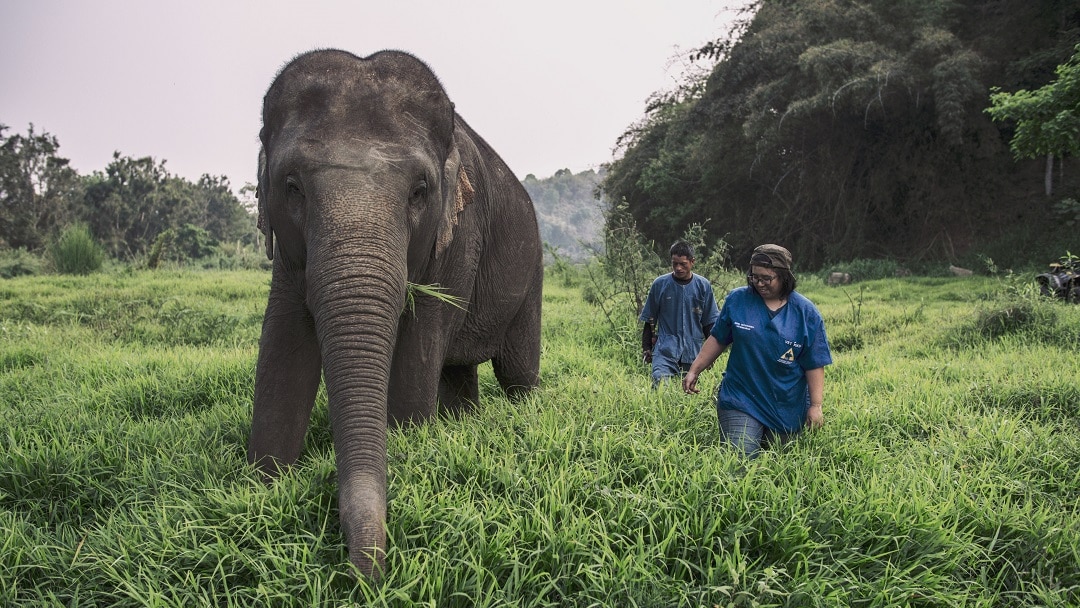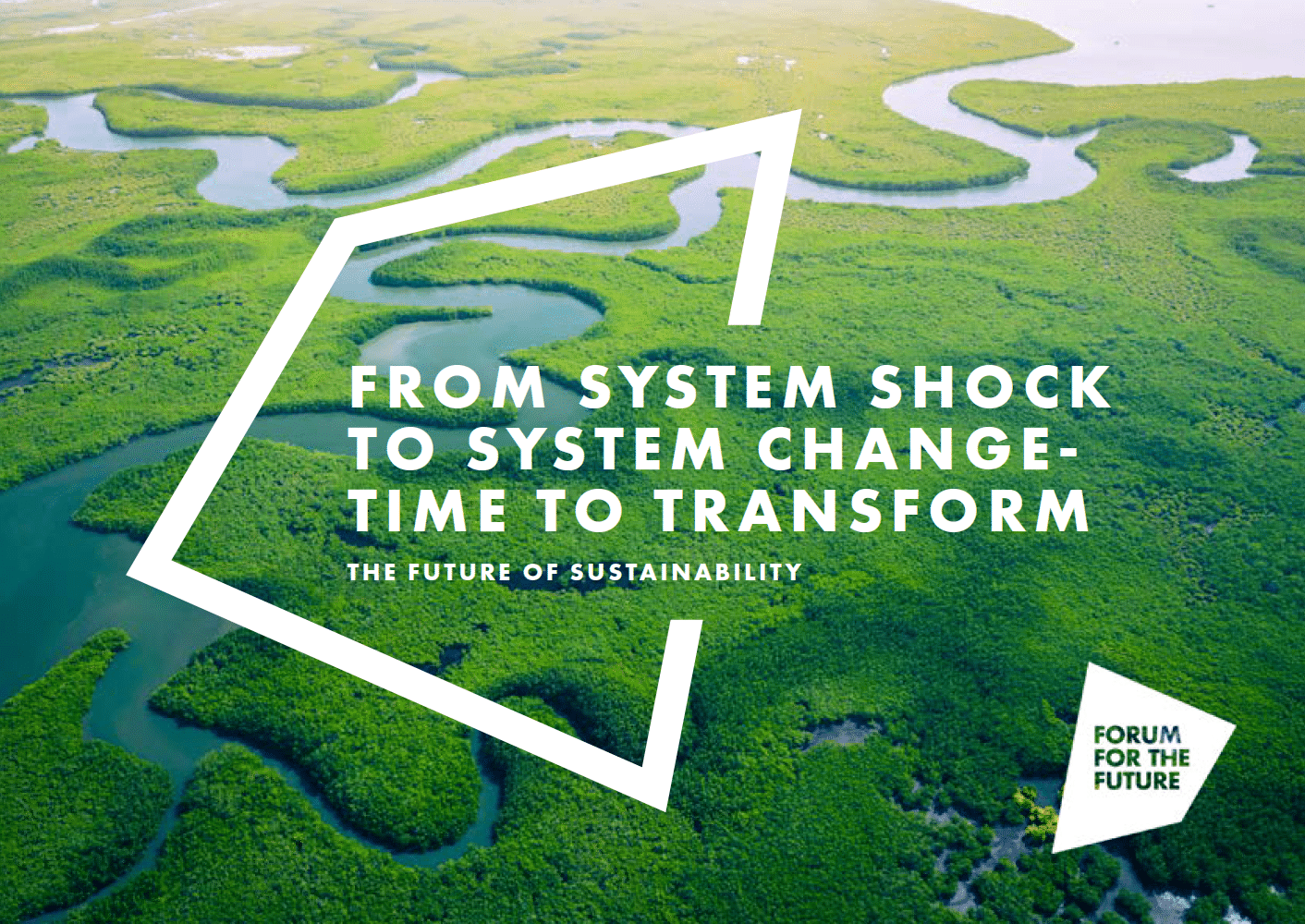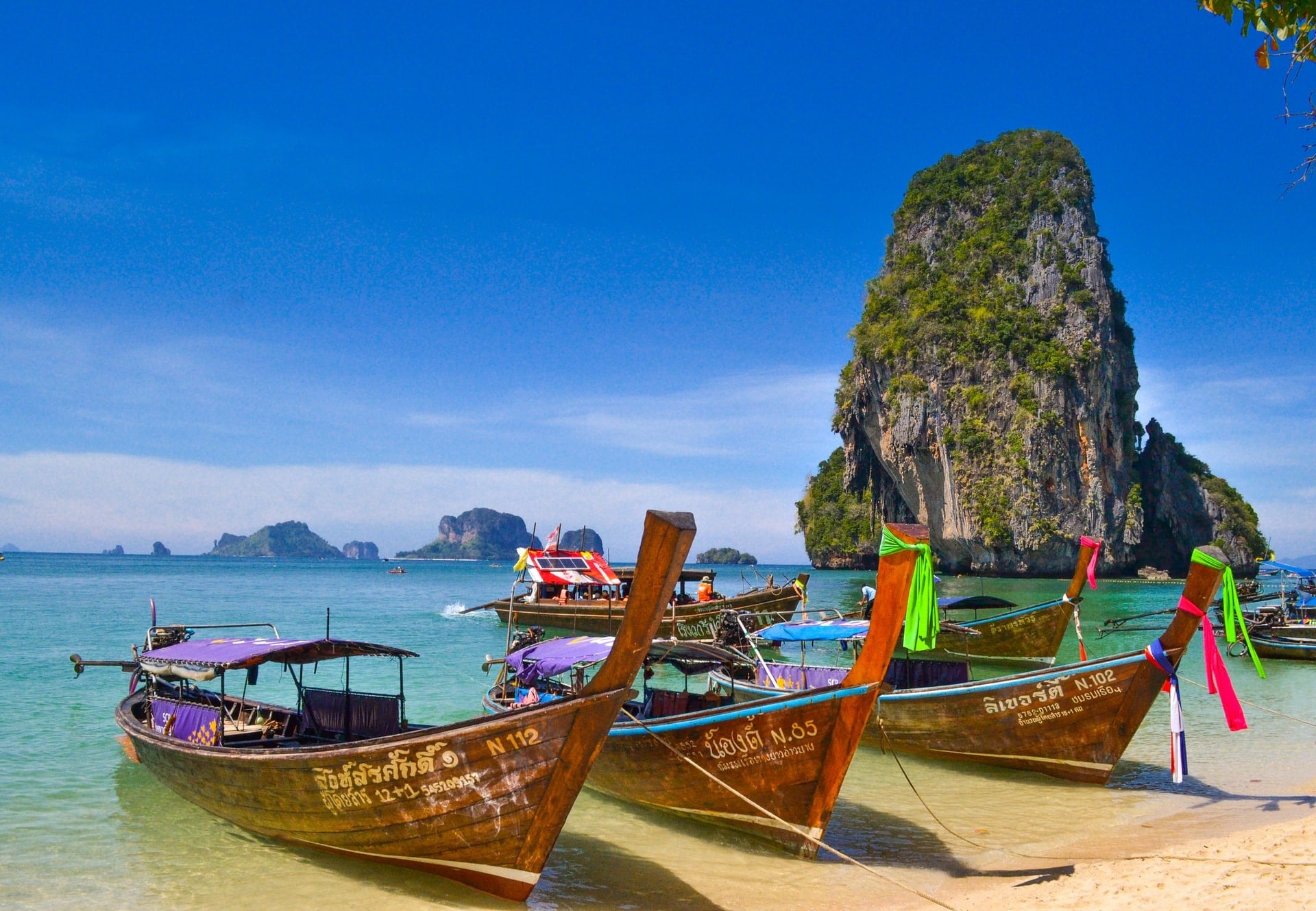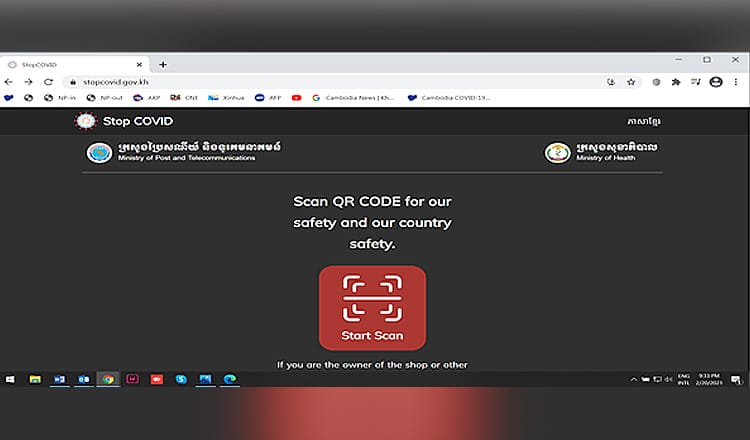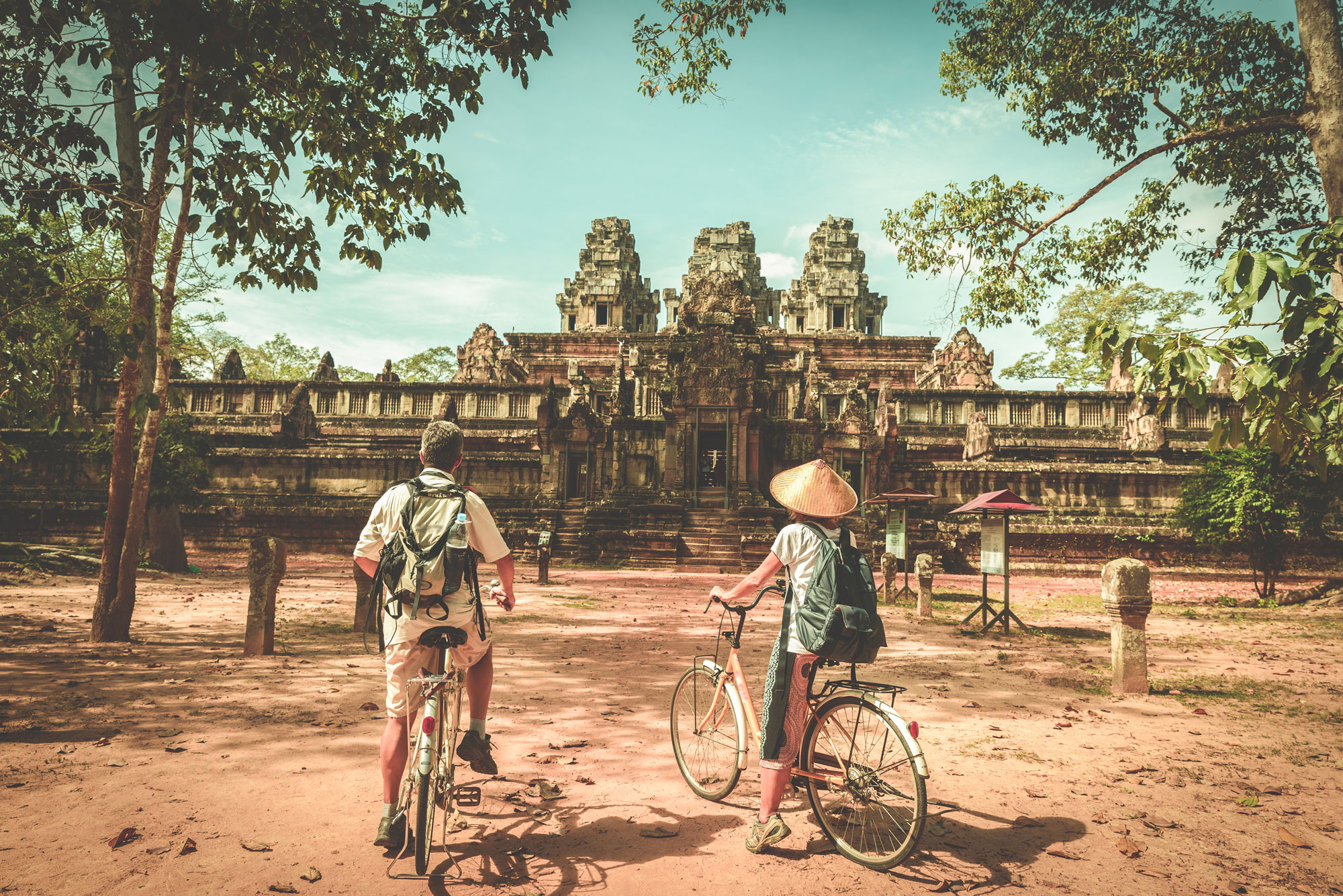Jens Thraenhart has decided to step down from his post as Executive Director of the Mekong Tourism Coordinating Office.
Continue readingOne Planet Vision for a Responsible Recovery of the Tourism Sector
The One Planet Vision for a Responsible Recovery of the Tourism Sector builds on the UNWTO Global Guidelines to Restart Tourism released by the Global Tourism Crisis Committee on 28 May 2020 with the objective to support tourism to emerge stronger and more sustainable from the COVID-19 crisis. The vision is shared by the members of the One Planet Sustainable Tourism Programme
and partner organizations.
South-East Asian Outbound Travel Market
This study was conducted amongst potential visitors to Europe, both first-time and repeat visitors, who intend
to visit Europe in the next five years. Findings of this study are therefore specific to this target segment and
need not necessarily apply to general outbound travellers from South-East Asia.
Destination Management in Developing and Emerging Countries
Tourism can be a source of foreign currency, a job engine and a catalyst for sustainable regional development, but it can also have a negative impact. In order to access its inherent potential, tourism needs to be managed with foresight.
Managing destinations plays a key role here. Because of their market relevance and size, destinations have the potential to be developed and marketed from a sustainable perspective.
That requires effective destination management organizations (DMOs), which can manage the destination and coordinate various tourism-related stakeholders.
Continue readingAnantara Golden Triangle Offers Virtual Field Trips
FROM SYSTEM SHOCK TO SYSTEM CHANGE – TIME TO TRANSFORM
In this report, we explore some of the key dynamics that lie at the heart of these transitions. And we ask how we can make active choices now that will transform our future prospects by embedding, at the heart of our strategies and plans, the realisation that a fundamentally different model is needed. A model that puts people’s wellbeing and planetary health first, as the overriding imperatives. Planetary health is not separate to human wellbeing. The two are intricately intertwined. In order to achieve the just, resilient and truly sustainable world we want we advocate a regenerative approach – enhancing the underlying capacity of all individuals, communities and ecosystems, to be healthy, to keep evolving, and fulfilling their potential.
Continue readingThailand’s Tourism Sector Seeks to Reopen Country by 1 July
Cambodia introduces QR code scanning for venues to combat COVID-19
Shortlist for the 2021 Experience Mekong Showcases announced
72 Experience Mekong Collection (EMC) members have been shortlisted to determine the 2021 Experience Mekong Showcases by public vote.
Continue reading